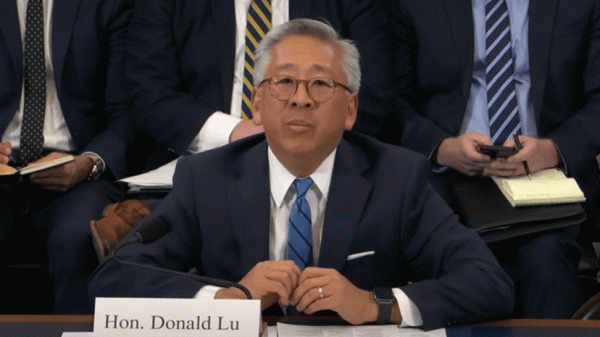More Jobs Isn’t Enough, The Country Needs Better Jobs

Shawdesh Desk: When you look at the data—really look and stop trying to minimize the implications by reciting what seem to be falling unemployment numbers—it’s clear that millions of people are in tough financial shape.
As a reminder, the actual state of many, according to the Fed, includes 25% of adults who say they’re not doing okay, 20% of adults who want to work more (suggesting that they don’t have enough work), and a tenth of adults who are unemployed, not the lower numbers you typically hear because the definitions used eliminate many from being counted as not working.
This isn’t a “great” economy. It’s a selective economy designed, as are the rules controlling it, to deliver large amounts to small groups of people. The massive trillion plus tax break was supposed to generate capital investment and jobs, although the money mostly went to supporting stock buybacks.
The country could use more jobs—especially given that the real unemployment rate is multiple times higher than the most common figures would leave one to think. But it’s not just jobs that are needed.
Look again at the distribution of individual wage growth. Those at the 25th percentile of income have steadily being seeing their incomes shrink, not grow they way you see at both the average and median levels.
YOU MAY ALSO LIKE
What is needed aren’t whatever type of job but ones that have real value, as a recent policy brief from the group Economics for Inclusive Prosperity put it.
Policymakers’ first priority should be creating “good”, high-wage jobs. “Good” jobs are those that provide not only a wage consistent with a comfortable (sometimes referred to as “middle-class”) living standard but also some amount of stability and protection against harsh and dangerous working conditions and excessive power of employers. A bountiful supply of good jobs is the best way to generate shared prosperity and also to cultivate civic and political participation from the broad cross-section of society. When the economy has a shortage of work or many jobs pay a pittance, a natural inequality emerges between those that are able, or fortunate enough, to get good jobs and the rest. Once it takes root, this inequality is very hard to undo, with or without enthusiastic fiscal redistribution. Furthermore, when good jobs are scarce, civic engagement becomes more difficult and political participation, if any, becomes more likely to be underpinned by grievances and economic hardships, opening the door to both populism and patronage politics.
Having good jobs—insisting that companies pay reasonable amounts rather than expecting workers to accept low wages and then get government assistance if necessary—is fundamental to a functional society. According to the paper, Nordic countries are known for social safety nets but those aren’t what help support the economy. Instead, high-wage jobs help stabilize everything, and they do so while reducing dependence on tax-fueled mechanisms. But getting there requires a significant shift in national direction. There can be disagreement about exactly where to set a reasonable minimum wage, but that can’t become the basis for leaving minimum wages at ridiculous low levels and pretending that businesses somehow should be exempt because that’s supposed to increase the number of jobs. What good are jobs when people have to sign on for government aid to afford living?





























Leave a Reply